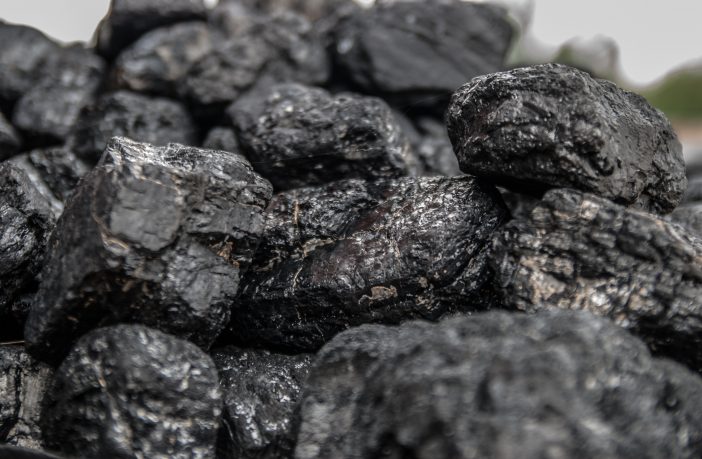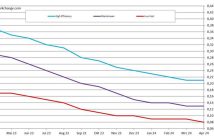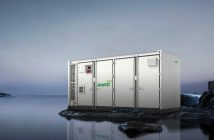- NERSA’s tariff determination has to be based on the market cost of mining and coal prices.
- IPP programme is a government decision with limited Eskom participation in deciding which IPPs to buy from and the prices paid to it.
- Even though the relative cost of particular renewable energy technologies are decreasing over time – Eskom costs associated with renewable IPPs will continue to increase due to commitments from the earlier bid windows.
Yesterday Eskom’s presentation at the National Energy Regulator of South Africa’s (NERSA) public hearings in Durban focused on coal and independent power producers (IPPs). In particular the presentations talked to the cost related issues associated with coal and IPPs.
“The environment in which Eskom is operating is quite dynamic. Whilst Eskom for instance is regulated, the coal market is not regulated and we have to compete with the export market for Eskom grade coal. At the same time deal with the growth of the disruptive renewable energy sector in the low demand growth era,” acting Senior General Manager for Primary Energy Dan Mashigo said.
It was clarified that the reality is that the cost of mining coal consistently increases above inflation and more and more influence of export price on the domestic market is being experienced,” Mashigo said.
Other challenges that Eskom is navigating through in the coal environment is the coal supply shortfall at several power stations with long term contracts coming to an end. At the same time, there needs to be flexibility in coal procurement to match older power station production ramp down, Mashigo explained.
South Africa is also experiencing lack of new mining investments in large scale coal mines and execution of current mining rights, whilst on the other hand investors and funders are migrating away from coal technology.
Mashigo said that within this environment, Eskom has three primary objectives:
- optimal cost of coal,
- security of coal supply and
- supporting transformation in coal procurement spend in line with the Mining Charter to be implemented through compliance to the Preferential Procurement Policy Framework Act and Broad-Based Black Economic Empowerment Act.
In order for these objectives to be met, NERSA’s tariff determination has to be based on the market cost of mining and coal prices.
“There also has to be availability of capital funding for investment in cost plus mines. And Eskom has to send a strong signal to the industry in order to procure coal on a long term basis to achieve prices projected in the application. And lastly, there needs to be policy and legislation certainty to stimulate investment in new coal mines,” Mashigo said.
Mr Mashigo provided comfort to NERSA that significant progress is being made in addressing the shortfall in coal stockpiles.
General Manager Energy Trading Callie Fabricius explained that the IPP programme is a government decision with limited Eskom participation in deciding which IPPs to buy from and the prices paid to it.
“In Terms of Regulations of Electricity Regulation Act (ERA), the Minister of Energy makes a determination that Eskom becomes the buyer of energy from IPPs. And regulation says we must implement this,” he said.
Fabricius added that the output of IPPs to the system will increase from this year to the end of the MYPD period by 64%. Even though the relative cost of particular technologies are decreasing over time – Eskom costs associated with renewable IPPs will continue to increase due to commitments from the earlier bid windows.
The hearings continue for a second day in Durban today.
Author: Bryan Groenendaal
Source: Eskom Media











